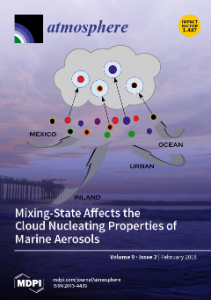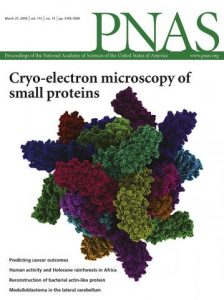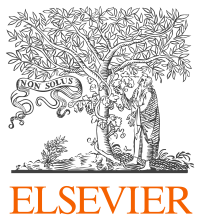 When Parisa Ariya was invited to write a review for a special issue of the journal Atmosphere, she asked one of her former doctoral students to take the lead. But she soon regretted that decision after discovering Lin (Emma) Si had plagiarized and duplicated significant portions of the review.
When Parisa Ariya was invited to write a review for a special issue of the journal Atmosphere, she asked one of her former doctoral students to take the lead. But she soon regretted that decision after discovering Lin (Emma) Si had plagiarized and duplicated significant portions of the review.
Ariya, chair of the Department of Atmospheric and Oceanic Sciences at McGill University in Montreal, told Retraction Watch that she believes it’s important to foster the careers of young women in science and was excited for her former student, Si, to take on the challenge of writing her first review. (Si was cc’d on our email communications with Ariya, but did not respond to our individual request for comment.)
Continue reading McGill dept chair says she was blindsided by coauthor’s plagiarism
 Title:
Title: 
 Nature Methods has retracted a
Nature Methods has retracted a 


